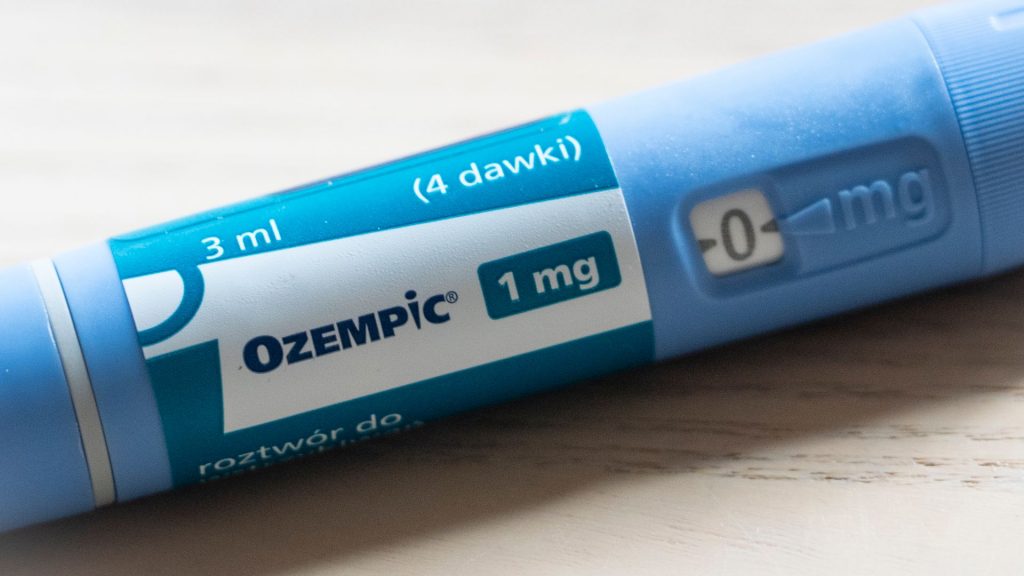Doctors don’t like pharma ads like Oh, Oh, Oh Ozempic. Here’s why.

President Trump wants drug companies to share more information about the risks and side effects of their drugs when advertising directly to consumers. He signed a new memorandum Tuesday that will further regulate advertisements like “Oh, Oh, Oh, Ozempic” and “We-go-vy!” to the tune of “This Is Me” from “The Greatest Showman.”
Yeah, they’re ubiquitous. Sorry if that just got stuck in your head.
President Trump signs memorandum on disclosures
President Trump wrote in the memorandum: “Over time, however, the FDA’s requirements have permitted drug companies to include less information, particularly in broadcast advertising, and drug manufacturer advertising has skyrocketed in recent decades.”
Straight Arrow News (SAN) was already looking into this, and found that many doctors don’t like direct-to-consumer advertising. They say it hurts the doctor-patient relationship and makes it difficult to treat those who walk in for an appointment and already have their mind made up as to what they need for treatment.
Why doctors say they don’t like direct-to-consumer ads
“They come with an idea and they think of me like McDonald’s. I’m coming, I want my Happy Meal. I’m coming for a script. And that’s a problem,” Dr. John Dombrowski, a board-certified anesthesiologist, told SAN.
Dombrowski thinks we are an over-medicated society.
The Clinton rule change
The Clinton administration changed the rules for pharmaceutical advertisements in 1997, allowing the ads to include a “major risk statement” and then send viewers to a website, toll-free number or a printed pamphlet for more complete information. Prior to that, the ads were required to include full “contraindications,” or a list of all the risks, adverse effects and complications a drug could cause.
“That’s been a boon to pharmaceutical companies and it’s led to just this phenomenal increase in what we pay for medications,” Rep. Ami Bera, D-Calif., told SAN. “Because what they’re doing now is they’re marketing directly to the consumer saying, ‘Hey, go into your doctor and ask for this specific medication.’”
Kennedy opposes direct-to-consumer ads
Health and Human Services Secretary Robert F. Kennedy Jr. has said he opposes direct-to-consumer advertising and wants to ban it. Bera said Kennedy would likely receive bipartisan support if he tried to get a bill passed through Congress.
“It is very hard if the patient comes in and says, ‘Hey, I’d like this latest and greatest medication I saw,’” Bera explained to SAN. “Then you spend most of your time saying, ‘Look, the medication you’re on actually is controlling your blood pressure very well. It costs a lot less than this other medication, and there’s no reason for us to make that switch.’ Most of the time, we’re going to lose that argument.”
Dr. Dombrowski told SAN that he, too, deals with patients asking for specific medications.
“Well, then I have to spend 10 minutes [explaining] why you don’t need that medication, or 30 seconds to write the medication,” Dombrowski said. “That’s why the drug companies are on TV, is to push a product to make my life, I’m not saying difficult, but can be a challenge. Because I might not agree with that commercial but the patient is adamant.”
According to the Journal of Health Economics, the United States and New Zealand are the only two countries in the world that allow these advertisements.
Dombrowski wishes patients would be more willing to consider alternatives to medication.
“Let’s talk about your diet. Well, let’s talk about your exercise. Well, let’s talk about your stress that you have in your life. That’s not in a pill,” Dombrowski said. “People don’t want to hear that. They just want the pill format.”
The post Doctors don’t like pharma ads like Oh, Oh, Oh Ozempic. Here’s why. appeared first on Straight Arrow News.





